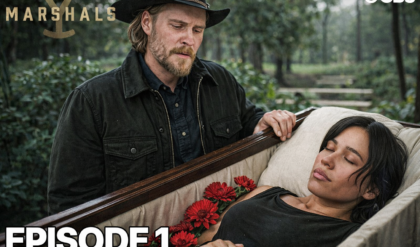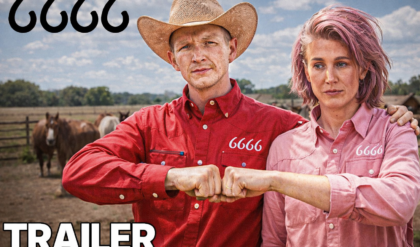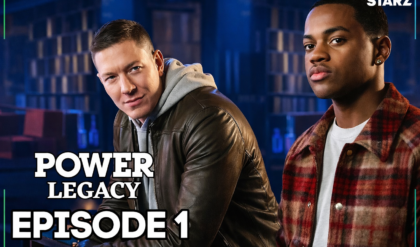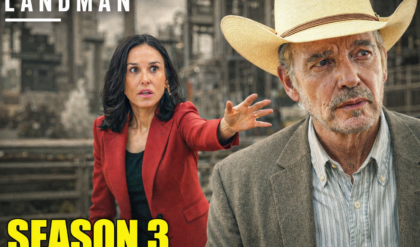Find out why Adolescence on Netflix works best as a single season and why its powerful story and social message don’t need a sequel.
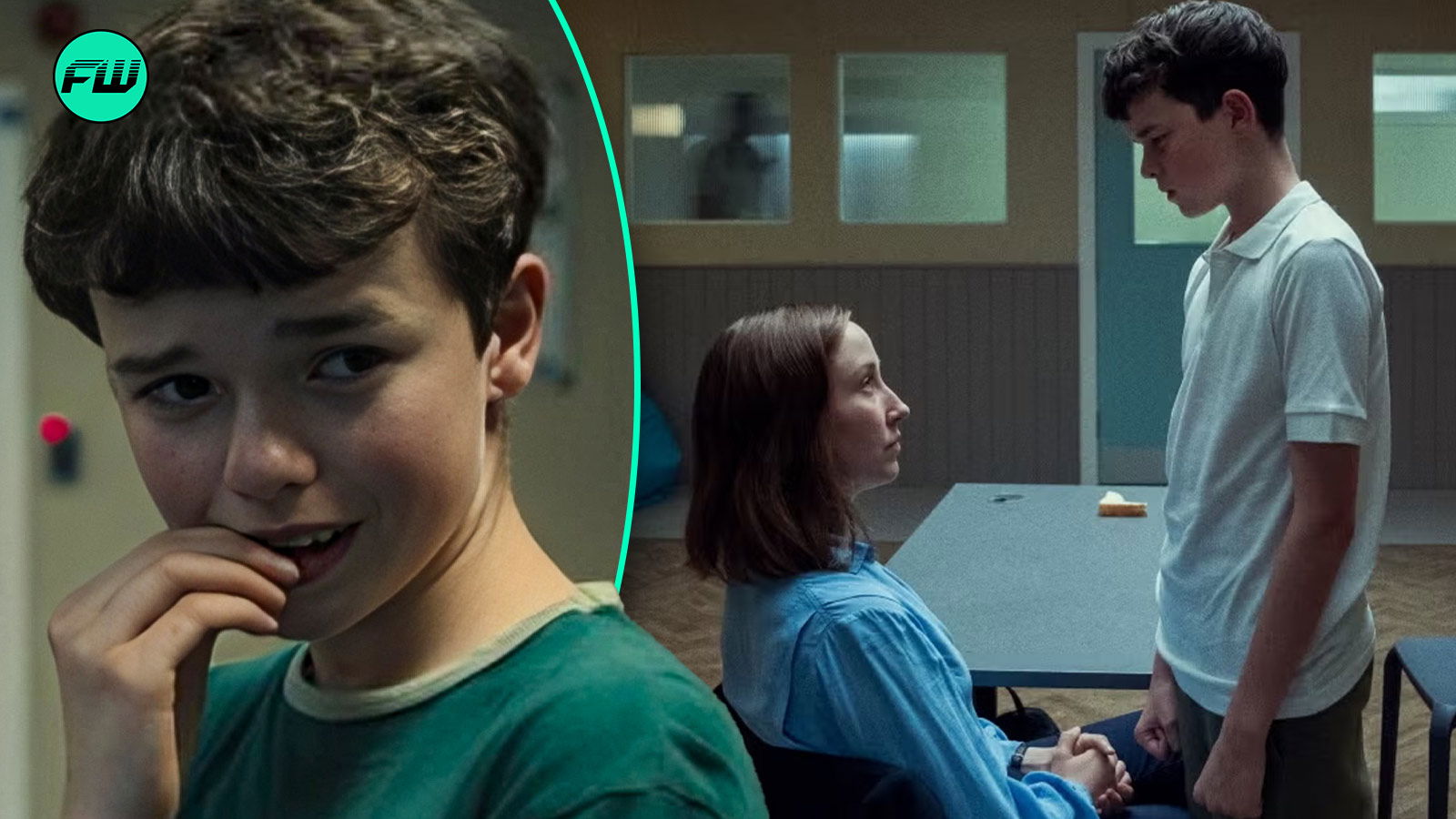
Honestly, I loved Adolescence, but let’s be real: We don’t really want a second season. The Brits have been on a roll lately, giving us some of the finest shows and films, and this one is no exception. Netflix’s Adolescence came out of nowhere and totally stole the spotlight. In just four episodes, it managed to capture hearts all around the globe, and it’s no surprise people are already buzzing about a possible season two. But if you ask me, the show says everything it has to say.
The story felt complete. Every episode was tight, emotional, and impactful. Yes, the ending left me feeling hollow in the best way, but that’s the beauty of a limited series. Not everything needs to be dragged on forever.
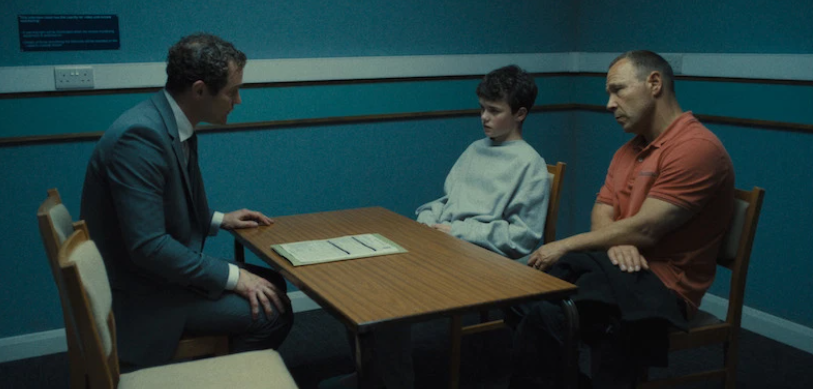 A still from the Netflix series Adolescence | Credit: Netflix
A still from the Netflix series Adolescence | Credit: Netflix
And I’m glad the creators feel the same way. The writers have confirmed there won’t be a second season, and I think that’s the right call. Adolescence follows 13-year-old Jamie Miller, arrested for killing a girl named Katie Leonard. It doesn’t ask who did it, but why? That’s what makes it hit so hard—and why it deserves to stay untouched.
Why viewers are craving more of Adolescence
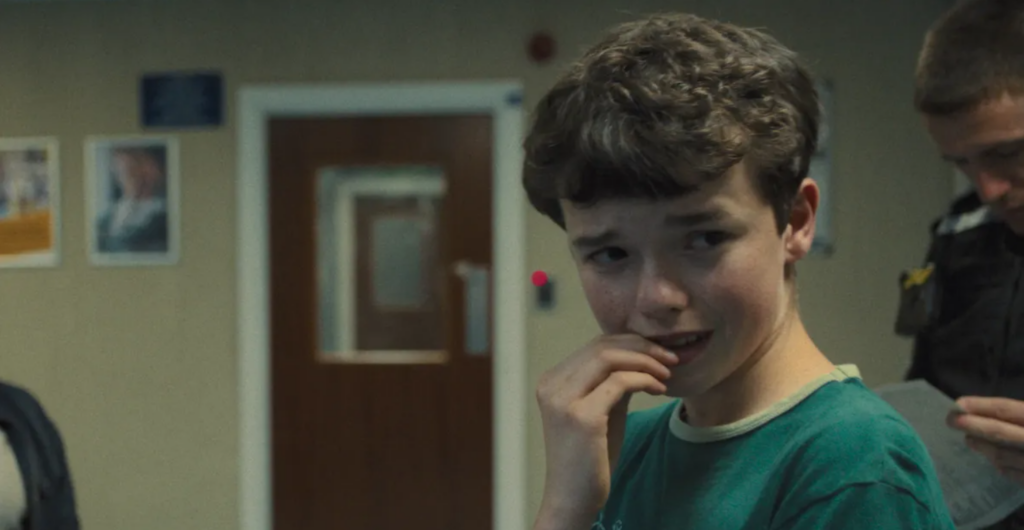 Owen Cooper in the series Adolescence | Credit: Netflix
Owen Cooper in the series Adolescence | Credit: Netflix
I totally understand why people can’t get enough of Adolescence. Four episodes? That’s way too short! These days, most miniseries stretch to six or even eight episodes. But here’s the thing—Adolescence proves that if you do it right, four is all you need. Every second counts and every shot is crafted with so much care that there’s literally no room for fluff.
What makes Adolescence even more impressive is its unique filming style. Each episode is captured in a single, uninterrupted shot. That means no hidden cuts, no second chances, just like there’s no second chance given in real life—if someone messes up, they have to start all over again. It’s the kind of technical challenge that demands insane precision and perfection from both the cast and crew. And the result says it all. We are given an experience that feels incredibly raw and immersive. You’re not just watching a story play out—you feel like you’re right there, in the thick of it, experiencing the ordeal alongside Jamie.
But the real reason people can’t stop talking about Adolescence isn’t just its filmmaking—it’s the story itself. The show dives into the dark world of online radicalization, exposing the way toxic internet spaces prey on young, impressionable minds. It’s not just about a crime—it’s about why it happened in the first place. That’s what makes Adolescence so chilling.
Jamie Miller (played by the actor Owen Cooper), the 13-year-old at the center of the story, isn’t some cartoon villain. He’s a regular kid who got caught up in something far bigger than himself. His descent into violence isn’t framed as a mystery—it’s a case study of how online hate can affect and twist even the most innocent minds. The show doesn’t go for the usual crime drama twist endings. Instead, it leaves us with something far more disturbing: the realization that Jamie’s story isn’t unique. It’s happening in real life right now to countless kids around the world.
Why Adolescence is perfect as it is
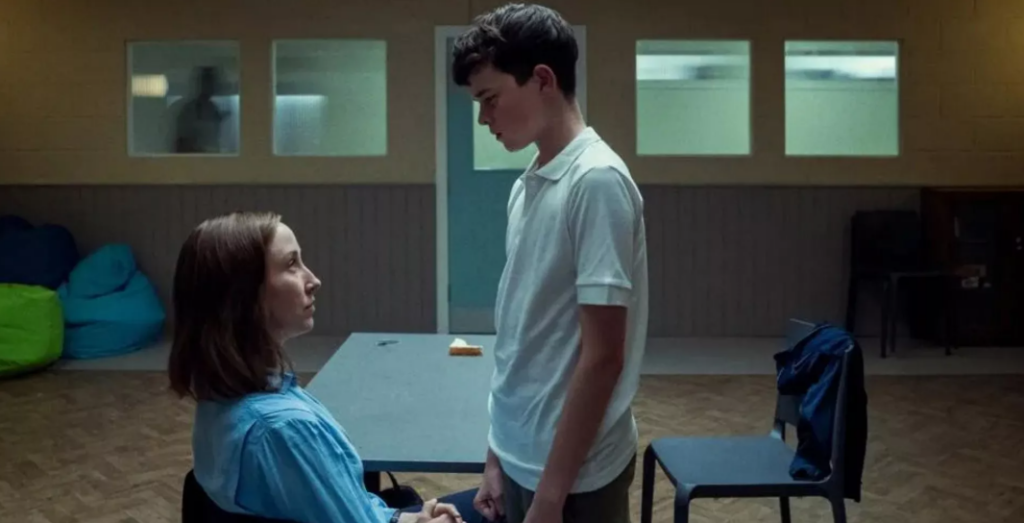 Erin Doherty and Owen Cooper in the series Adolescence | Credit: Netflix
Erin Doherty and Owen Cooper in the series Adolescence | Credit: Netflix
A lot of shows these days get dragged out way past their prime. They start strong, but then they just keep going and going and going—until the magic is completely gone. Thankfully, Adolescence won’t suffer that fate.
The story is meant to feel unfinished because real-life tragedies don’t come with perfect resolutions. We don’t get all the answers, and we’re not supposed to. Jamie’s fate is left open-ended, not because the writers were lazy, but because that’s the whole point of it. The show isn’t about tying things up neatly—it’s about forcing us to face the uncomfortable reality of how easy it is for a kid to fall down the wrong rabbit hole.
The unanswered questions—the impact on Jamie’s family, the school’s response, and the long-term consequences—are exactly what make Adolescence so powerful and well-balanced. It shows real life, where the effects of violence don’t just fade away once the story is over. They linger, they haunt the people involved, and they change lives forever. In the real world, we have to face the consequences.
The show also highlights the generational gap in understanding the internet in today’s world. Millennials and Gen X parents often have no clue what their kids are exposed to online. The emojis they think are harmless actually carry entirely different meanings. Kids have entire online lives that their parents don’t even know about. And in these hidden corners of the internet, radical ideas are spreading like wildfire.
That’s what makes Adolescence more than just a gripping drama—it’s a wake-up call for society. It’s not about offering easy answers. It’s about making sure we ask the right questions in the first place.
So yeah, I get why people want more. But the truth is, we don’t need more in this case. Some stories are meant to be left alone, and Adolescence is one of them. Let’s just appreciate it for what it is: a masterfully crafted, brutally honest look at one of the most pressing issues of our time. No second season is necessary.
What does the Adolescence writer have to say regarding a second season?
 Stephen Graham and Owen Cooper in the series Adolescence | Credit: Netflix
Stephen Graham and Owen Cooper in the series Adolescence | Credit: Netflix
The co-creator of Adolescence alongside Stephen Graham, Jack Thorne, has made it clear that a second season isn’t happening—and for good reason.
Instead of focusing on who did it, the show explores why it happened. This approach is what makes Adolescence stand out from typical crime dramas, and it’s also why a second season wouldn’t make sense.
In an interview, Thorne explained that he doesn’t believe a continuation of the story would be the right move. He acknowledged that Katie’s story was important, but he and his team weren’t the right people to tell it. He said (via The Independent),
I don’t think we’re the right people to tell Katie’s story. I think there are other makers out there that could tell beautiful dramas about Katie or girls like Katie, and that those shows should be made. Our aim was to try and tell Jamie’s story as fully as we possibly could, and maybe trying to tell her story would dilute that in some way and maybe we would be inadequate for that task.
He believes that other creators should take on stories like hers rather than trying to stretch Adolescence beyond its natural conclusion.
But the main reason there won’t be another season? Jamie’s story is finished. Thorne made it clear that there’s nowhere else to take his character. The show has already said everything it needed to say, and anything more would only dilute its impact.
However, Thorne did hint that he and his team would love to explore the one-shot format in other ways. They’re interested in telling new stories using the same immersive style, but Adolescence itself will remain a standalone masterpiece. And honestly? That’s the best decision they could’ve made.
Some shows are meant to continue for multiple seasons. Others, like Adolescence, are meant to leave a lasting impression and then become a legend in the genre. It’s the kind of show that sticks with you long after the credits roll, forcing you to think, question, and reflect. And that’s exactly why it should stay the way it is.
